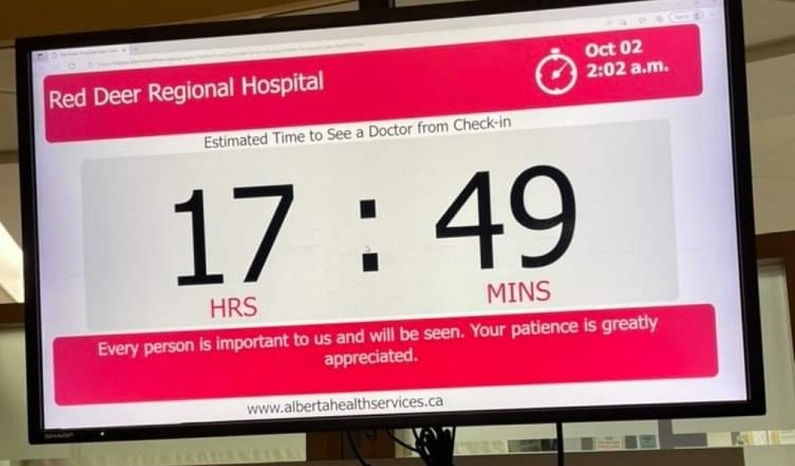
Red Deer area mayors blast latest delay of hospital construction
RED DEER, AB – Construction to expand the Red Deer Regional Hospital Centre (RDRHC) is delayed yet again.
It was February 2020 when then-Premier Jason Kenney announced $100 million for expansion of Red Deer’s hospital.
“I can confirm that the bottom line is that construction work will begin on the expansion and refurbishment of the Red Deer hospital next year, in 2021,” Kenney said.

